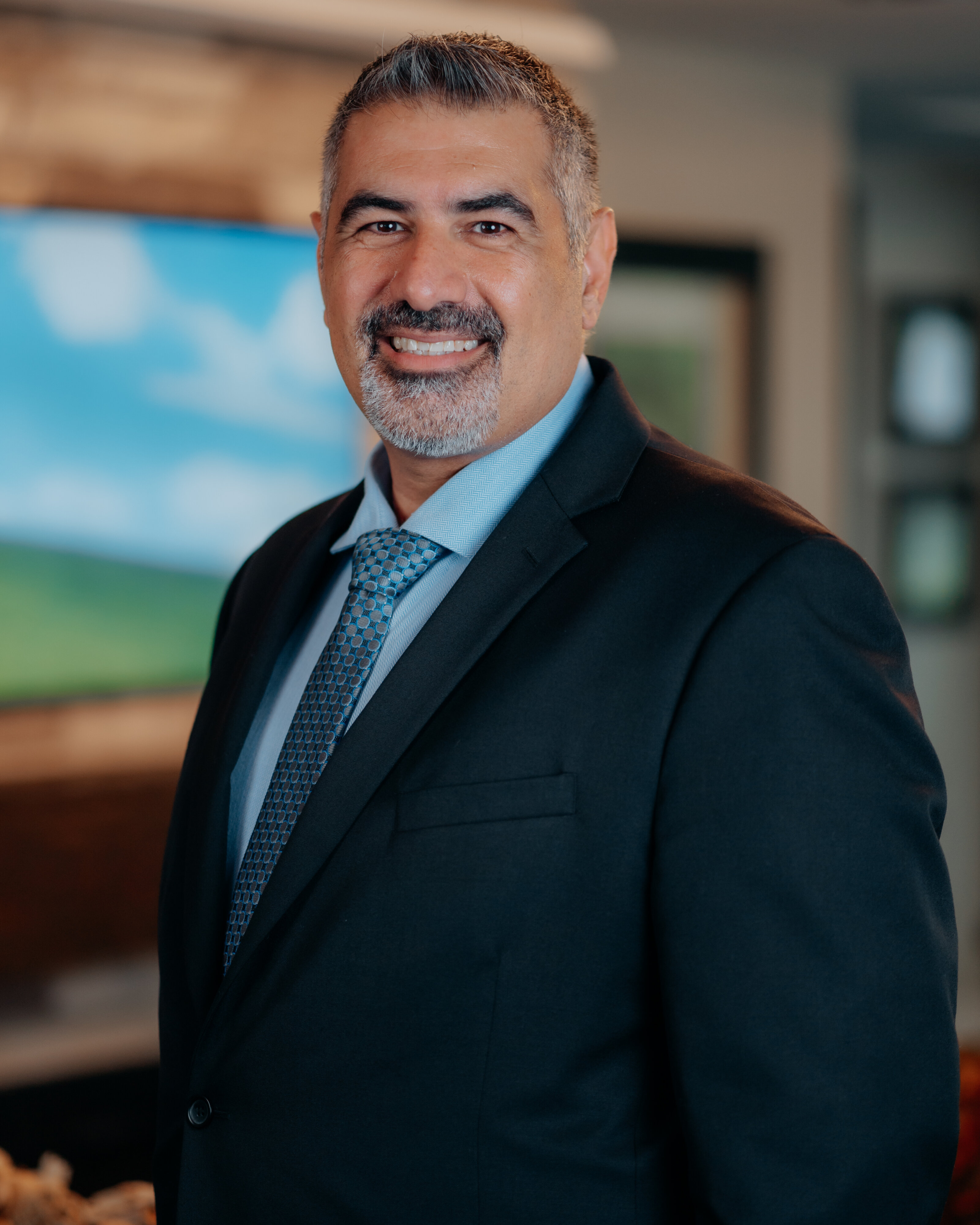Imagine you’re driving home after a long day, and suddenly, out of nowhere, another car crashes into you. The shock and stress of a car accident can be overwhelming, leaving you unsure of what to do next. It’s important to handle the situation wisely to protect your rights. Unfortunately, in the chaos that follows, it’s easy to make mistakes that could complicate matters. Knowing what missteps to avoid is key to ensuring your well-being and securing any compensation you might deserve.
1. Not Calling the Police or Reporting the Accident
Failing to call the police or report the accident is a common misstep that can have significant repercussions. Many believe that if the damage seems minor or if both parties agree on the accident’s details, involving the police might be unnecessary. However, a police report serves as an official record of the incident, providing crucial evidence that supports your claim. Without it, the other driver might change their story, or insurance companies could question the validity of your account. Ensuring law enforcement documents the scene adds an authoritative layer of documentation, which can be invaluable during insurance negotiations or if legal action becomes necessary. Always prioritize making this call, regardless of the accident’s immediate appearance.
2. Neglecting Medical Attention
Neglecting medical attention after an accident is a mistake that can not only jeopardize your health but also weaken your legal position. It’s common to brush off minor aches or pains, assuming they will fade with time. However, some injuries, like whiplash or internal trauma, may not show symptoms immediately but can have long-term consequences. By avoiding a prompt medical evaluation, you risk your health and give insurance companies a reason to doubt the severity of your injuries, potentially reducing the compensation you’re entitled to. A thorough medical examination creates a documented link between the accident and your injuries, which is critical when seeking fair compensation. Your health is paramount, and verifying it professionally safeguards both your well-being and your claim.
3. Admitting Fault at the Scene
Admitting fault at the scene of an accident, even if done out of politeness or shock, can significantly impact the outcome of any claims or legal proceedings that follow. In the moments following an accident, it’s challenging to accurately assess what happened. Statements made in haste can be taken as admissions of liability, potentially affecting your ability to receive compensation. It’s important to remain neutral and limit your conversation about the accident’s details with the other party. Instead, focus on ensuring everyone’s safety and exchanging necessary information. Let the police, your attorney, and insurance companies analyze the facts and determine fault based on evidence. What you say can and will be used in the assessment of the incident.
4. Not Gathering Evidence at the Scene
Not gathering evidence at the scene is a missed opportunity that can hinder your case later on. In the digital age, capturing photos or videos of the accident scene, vehicle damages, any visible injuries, and road conditions is easier than ever and can be invaluable. This visual evidence complements the official accident report, offering a clearer picture of what happened. Additionally, collecting contact information from witnesses provides you with potential testimonies that can support your version of events. All these pieces of evidence are crucial when negotiating with insurance companies or if your case goes to court. They serve as tangible proof of your claims, helping to establish the facts and ensure a fair evaluation of the incident.
5. Talking to Insurance Companies Without Legal Representation
Talking to insurance companies without legal representation is a risky move that can compromise the outcome of your claim. Insurance adjusters are skilled in negotiations and may use tactics to minimize your compensation or deny your claim altogether. They might also attempt to get you to make statements that could be interpreted as admitting fault or downplaying your injuries. Without an experienced attorney by your side, you may unknowingly accept a settlement that falls short of covering your medical expenses and other losses. Legal professionals understand the nuances of dealing with insurance companies and can advocate for your best interests, ensuring that you receive the maximum compensation possible.
Contact an Experienced Los Angeles Car Accident Attorney
At Ardalan & Associates, we can guide you through every step of the post-accident process, ensuring your rights are protected and you receive the compensation you deserve. Our dedicated team brings a wealth of experience to your case, offering personalized support and professional advice. Don’t navigate this challenging time alone; contact us today to secure a partner in your recovery.

